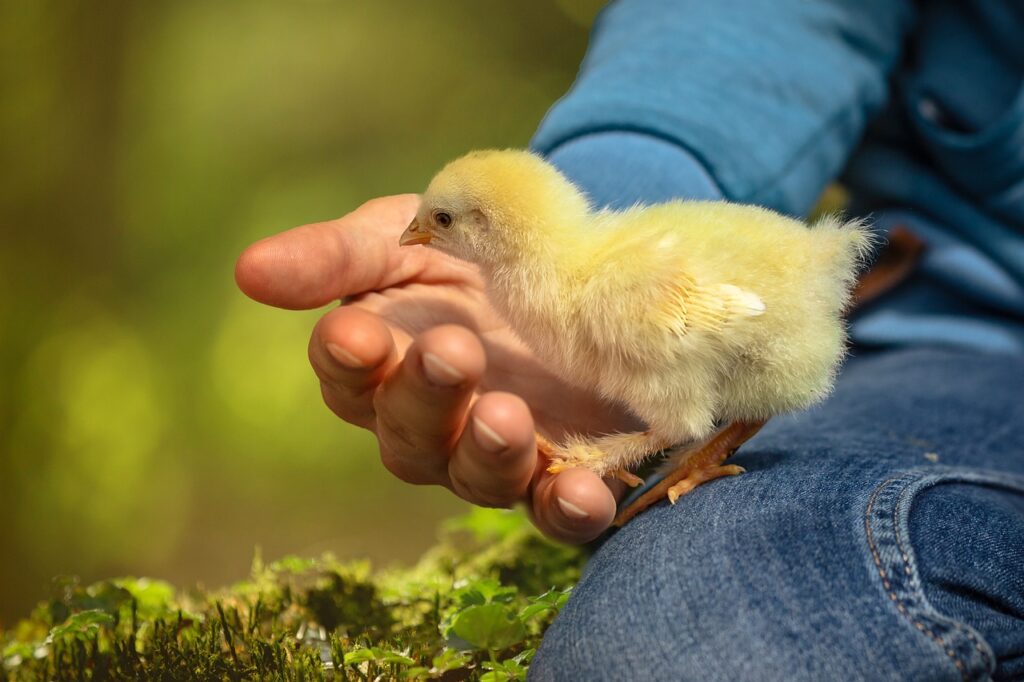With the historical moment of lab grown meat being cleared for sale, it’s a near certainty that we will see an explosion of lab-grown meats as costs grow cheaper and supply chains grow. Lab meat is an exciting cellular agriculture technology that creates real meat by replicating cells in vitro, using techniques pioneered in regenerative medicine. It has the exact same cells as an animal — but is produced through cell cultures rather than growth on the actual animal itself. It is a breakthrough technology with the potential to result in an agricultural revolution that removes or reduces the environmental, ethical, and socioeconomic problems that the current meat industry propogates.
The question I’d like to address today is a simple one: Is lab grown meat vegan? Should vegans that care about the animals and environment support it? To address this, we need to consider two things: the definition of vegan and the ethics of creating lab grown meat.
What does vegan mean?

There are multiple definitions of the word vegan, but all share the base concept of “not consuming animal products.”
Personally, I subscribe to Vegan Peace’s definition of the word, which is as follows.
Veganism: a way of living which seeks to exclude, as far as possible and practical, all forms of exploitation of, and cruelty to, animals for food, clothing, or any other purpose.
The dilemma is this: The term “Vegan” has finally caught on enough to where many understand that it excludes all animal products, not just meat. Introducing lab grown meat complicates the term. It might be ethical, but some people are not vegan for ethics. Some simply do not want to consume animal products, even if it was created perfectly ethically. For that reason, we should keep terms mutually exclusive and not label lab grown meat as vegan, even if it may be ethically permissable.
To me, the most logical solution is to follow the nomenclature conventions we have already established. Few people mistake plant-based burgers for real ones in restaurants because the food is pretty clearly labeled “plant-based” burger or “cashew-based” cheese.
Similarly, we should label lab grown meat as “lab grown,” “cell meat,” or a similarly indicative term. Though we may want to find something that sounds more appetizing than “lab grown”.
Is lab grown meat ethical?

Even if we determine that we should not label lab grown meat as vegan for clarity’s sake, the question persists as to whether or not lab grown meat aligns ethically with veganism.
I think it does, if all goes well. Vegans should support its continued development.
Lab Grown Meat and the Animals
The current state of lab grown meat is not fully free from ethical concerns for animals. The process for creating lab grown meat starts with taking a small amount of muscle cells from a live animal, a process which usually uses anesthesia. These cell grow, multiply, and are then “scaffolded” and used to create animal products1.
To be clear, there is still some degree of animal harm involved in lab grown meat, however small it may seem. When there is profit involved, a small degree of animal harm can quickly become full blown exploitation. In this sense, the current state of lab grown meat is not ethically vegan but is probably most aptly described as ethically vegetarian.
Though any degree of animal exploitation is not justifiable, it is a tremendously beneficial alternative to the awful suffering and torture that 88 billion land animals undergo each year in our world. It is an imperfect solution that will immensely reduce suffering.
As research progresses, it may be possible to replicate animal muscle cells without needing any live animals beyond the initial cells that are pulled (or 3D printed – who knows). At that point, I would argue that lab grown meat becomes ethically vegan.



